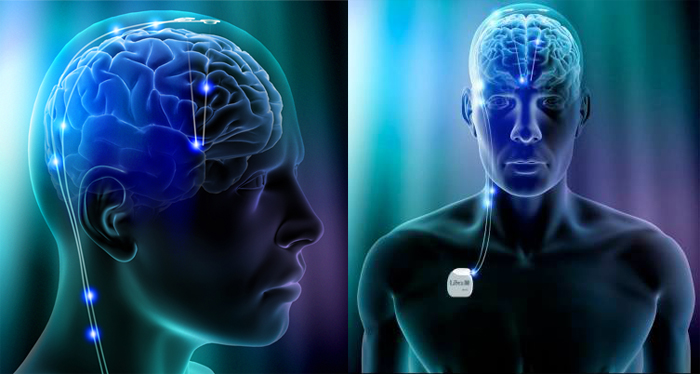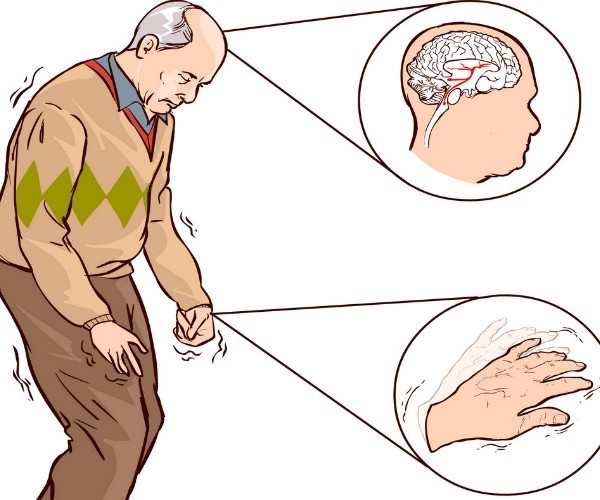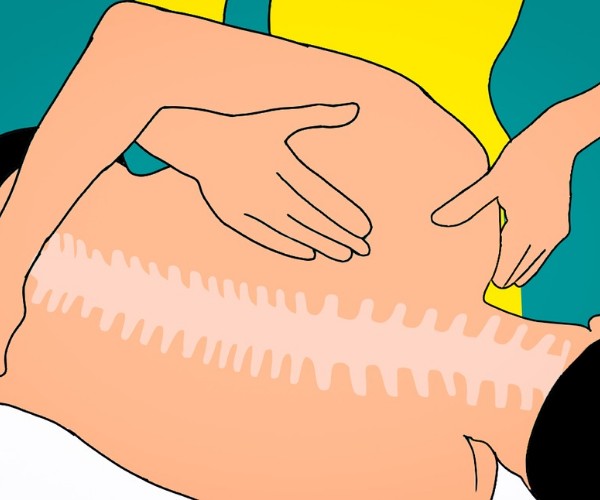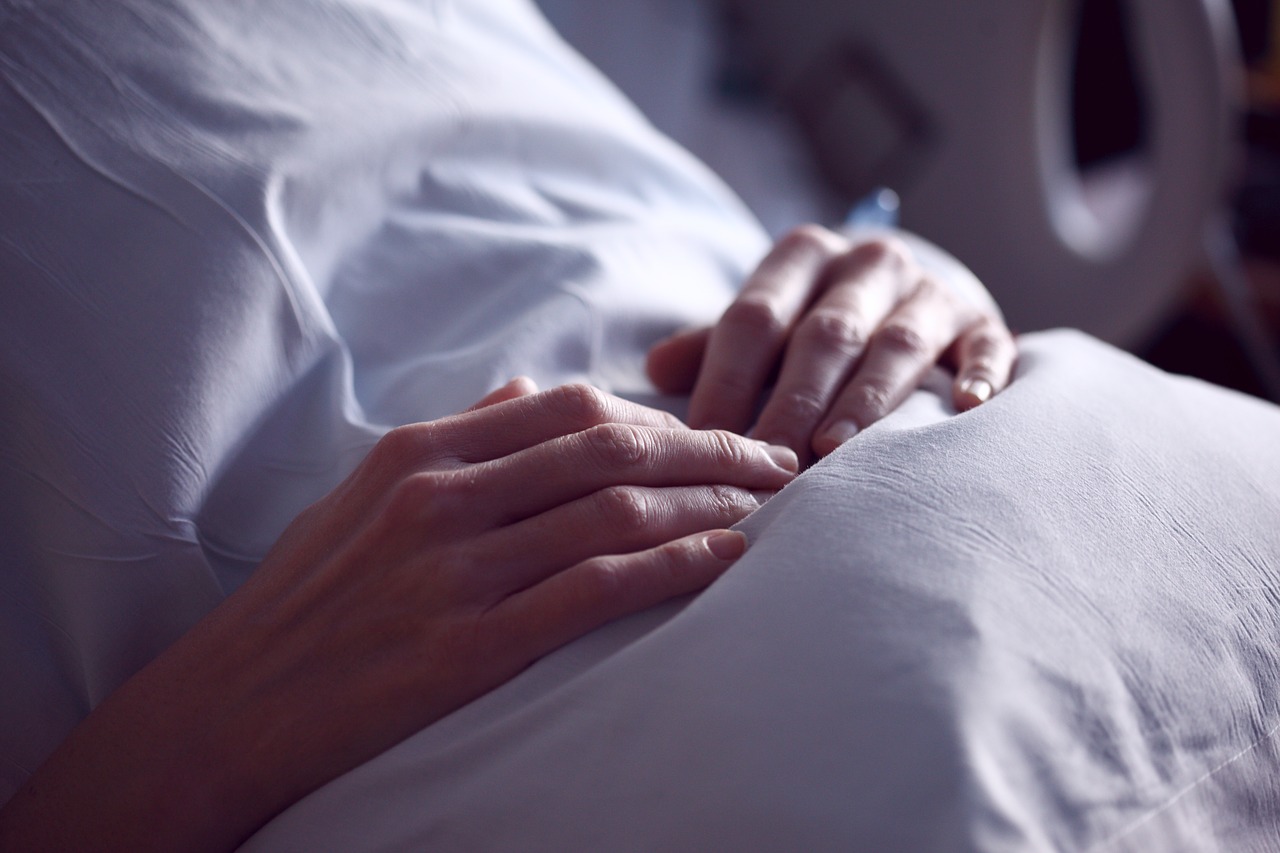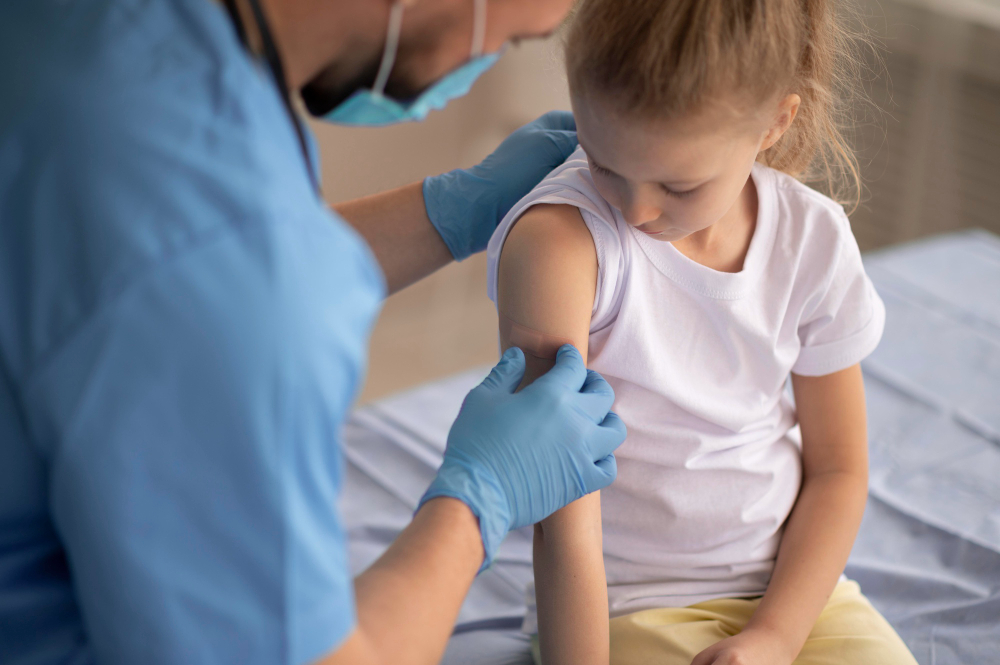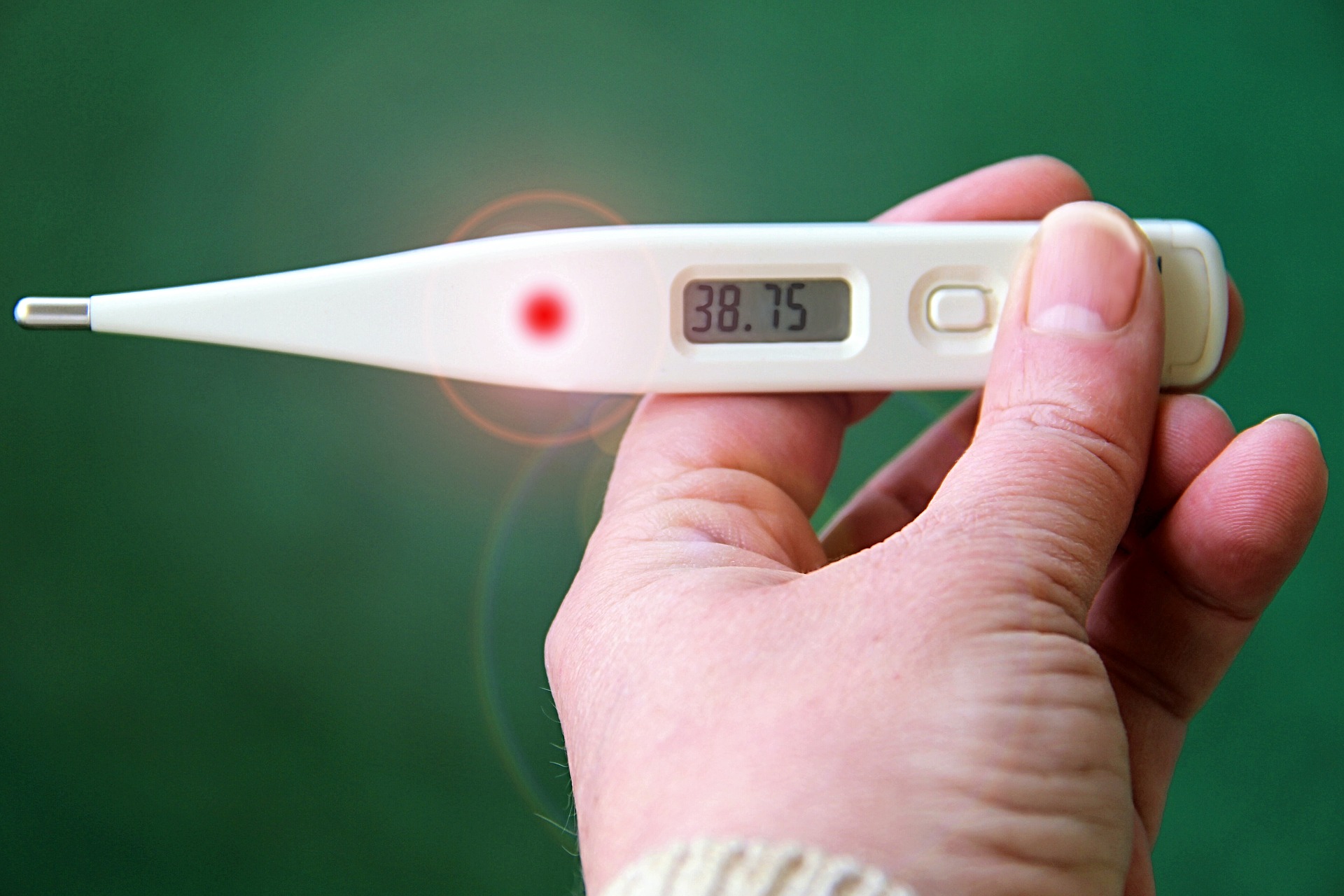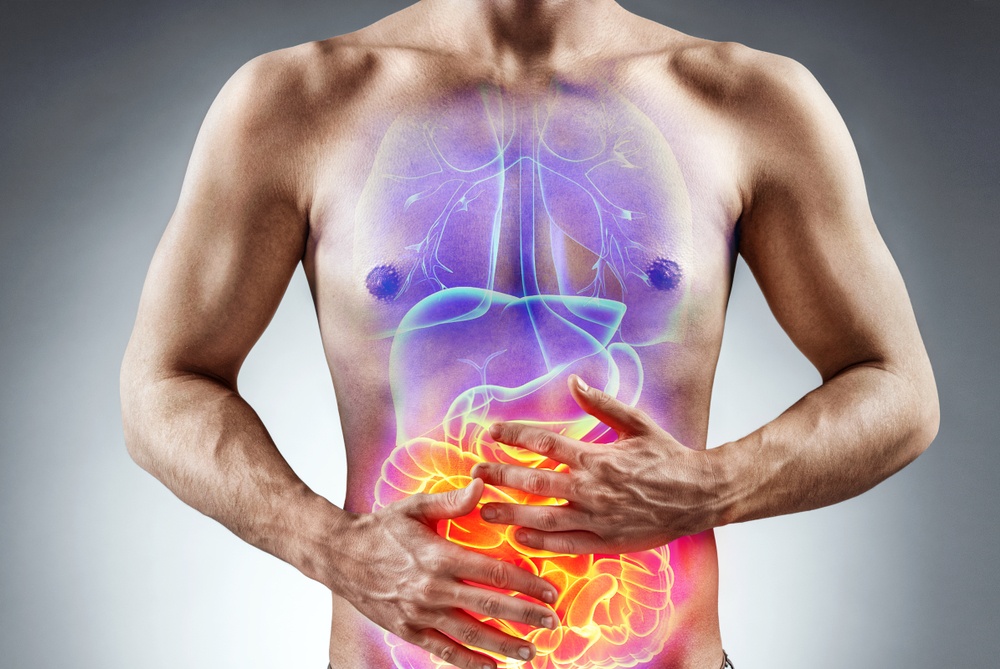Birth is always a serene and joyful event. In some cases, however, it can generate in the new mother a series of worries, negative thoughts and feelings of inadequacy that, if not overcome within a few days, are amplified, spiral out of control and acquire the connotations of so-called postpartum depression. This is a complex condition that, based on estimates, affects at least 10 percent of women who give birth and also affects the well-being of the newborn and the entire family unit.Inflammatory status
Although numerous risk factors are known (e.g., mood disorders, particular personality traits, childhood traumatic events, course of pregnancy), biological markers have never been identified. A recent Swedish study, conducted on 169 women who were asked to complete a questionnaire (a screening tool for depression) at 17, 32 weeks and after delivery, sought to identify possible indices. The researchers focused specifically on inflammatory parameters, evaluating as many as 70 different ones. Of these, 5, in particular, were found to be markedly higher in the 62 women who showed depressive symptoms, and may be future candidates for a small blood test battery. The interpretation of these results is in line with what was already known, namely that the transition from pregnancy to postpartum is characterized by a complex adaptation pathway of the immune system. A pathway that in women predisposed to depression seems less flexible and smooth, to the point of theorizing a link between extent of depressive symptomatology and level of inflammation.
The topic requires further study and confirmation, but these data lead one to hope for at least two practical aspects, namely the availability of a tool that allows not only reliable recognition of depression, whose manifestations are often subtle and not easy to catch, but also an assessment of its potential severity.






















